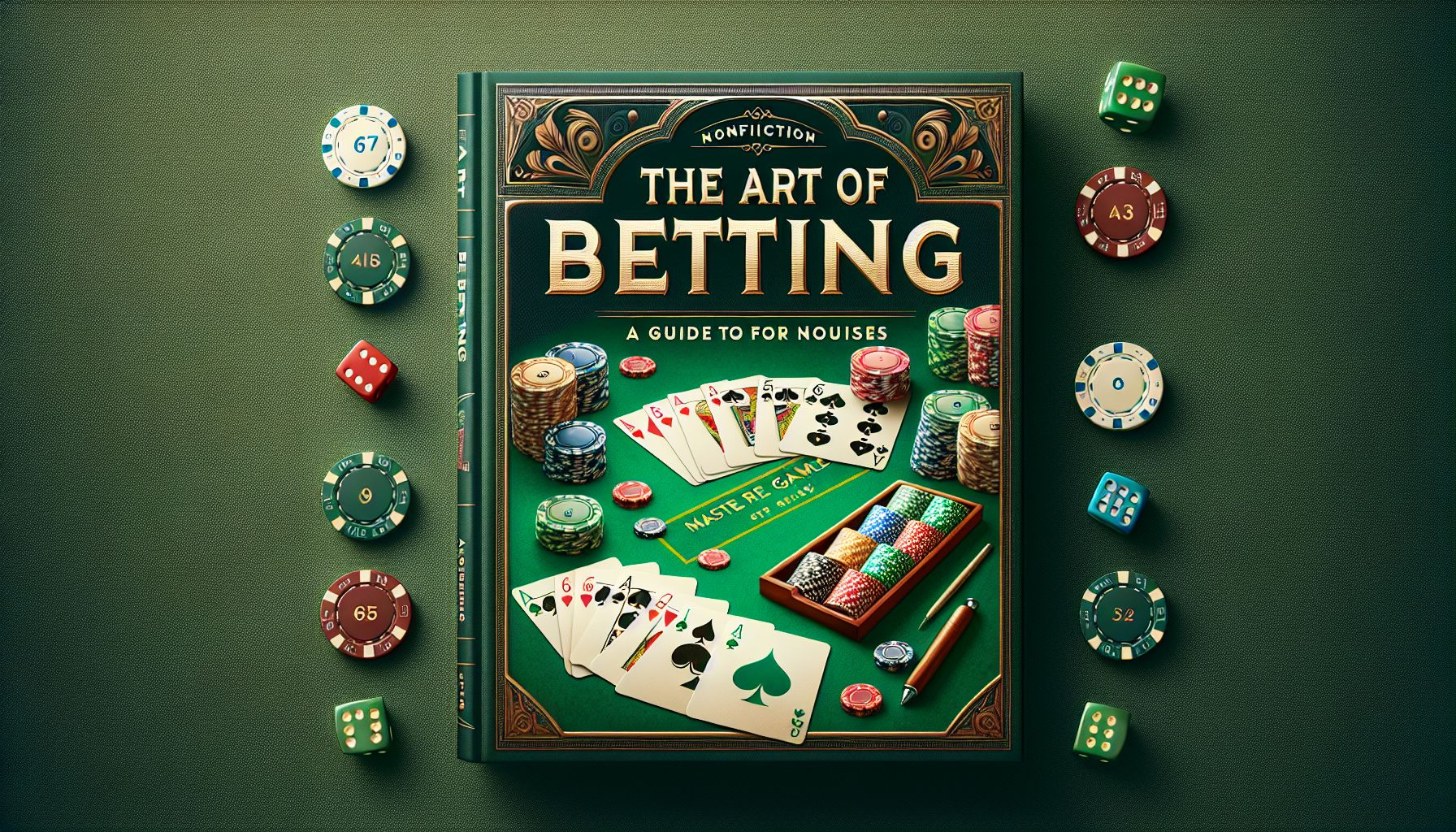Introduction:
In today’s fast-paced world, where adrenaline and excitement drive us to seek thrilling experiences, it’s no wonder that sports betting has become increasingly popular. Whether you’re a seasoned punter or a novice looking to dip your toes in the water, understanding the art of betting can make all the difference. In this guide, we’ll explore the ins and outs of betting, providing valuable insights and tips to help you find success in this exciting endeavor.
Understanding the Basics of Betting
Before diving headfirst into the world of betting, it’s crucial to comprehend the basics. At its core, betting involves placing a wager on the outcome of a particular event, such as a sports match or a horse race, with the hope of earning a profit. However, it’s essential to remember that betting is not a guaranteed way to make money, but rather a form of entertainment that requires strategy and careful consideration.
Setting Realistic Expectations
The most crucial aspect of betting is setting realistic expectations. While it’s true that some individuals have managed to amass substantial wealth through successful betting, it’s essential to approach it responsibly. It’s crucial to view betting as a hobby or a form of entertainment rather than a get-rich-quick scheme. By setting realistic goals and understanding that losses are an inevitable part of the process, you can enjoy the excitement of betting without falling prey to unrealistic expectations.
Conducting Informed Research
One of the most significant determinants of successful betting is conducting thorough research. Before placing a bet, it’s essential to gather as much information as possible about the event or team you are betting on. By analyzing historical data, team statistics, player form, and other relevant factors, you can make informed decisions that increase your odds of success. Remember, successful betting is not about luck but about making calculated choices based on knowledge and analysis.
The Importance of Bankroll Management
To avoid potential financial distress, it’s crucial to practice effective bankroll management. Your bankroll refers to the amount of money you have set aside specifically for betting purposes. It’s essential to never bet more than you can afford to lose and to establish predetermined betting limits. By setting a budget and adhering to it, you can ensure that betting remains a fun and responsible activity. Additionally, it’s wise to avoid chasing losses, as this can lead to irrational decisions and further financial strain.
Embracing Variety and Specialization
Betting offers a multitude of options, from traditional sports betting to more niche choices like eSports or political outcomes. It’s essential to explore different avenues and find the areas that interest you the most. While some individuals prefer to specialize in a particular sport or event type, others thrive on diversity. By embracing variety, you can find the ideal balance that suits your preferences and ensures an enjoyable and engaging betting experience.
Connecting with the Community
In the vast world of betting, there are countless like-minded individuals with valuable experiences to share. Engaging with the betting community can provide you with a wealth of insights, tips, and discussions. Whether through online forums, social media groups, or attending live events, connecting with other bettors can expand your knowledge and improve your betting prowess.
Conclusion
Betting can be an exhilarating and rewarding experience when approached with knowledge, caution, and responsibility. By understanding the basics, conducting thorough research, practicing effective bankroll management, exploring various options, and connecting with the community, you can increase your chances of success. Remember, betting is not about blindly relying on luck, but rather about making informed decisions and enjoying the excitement of the process. So, embark on this thrilling journey, but always prioritize fun and responsible betting.
